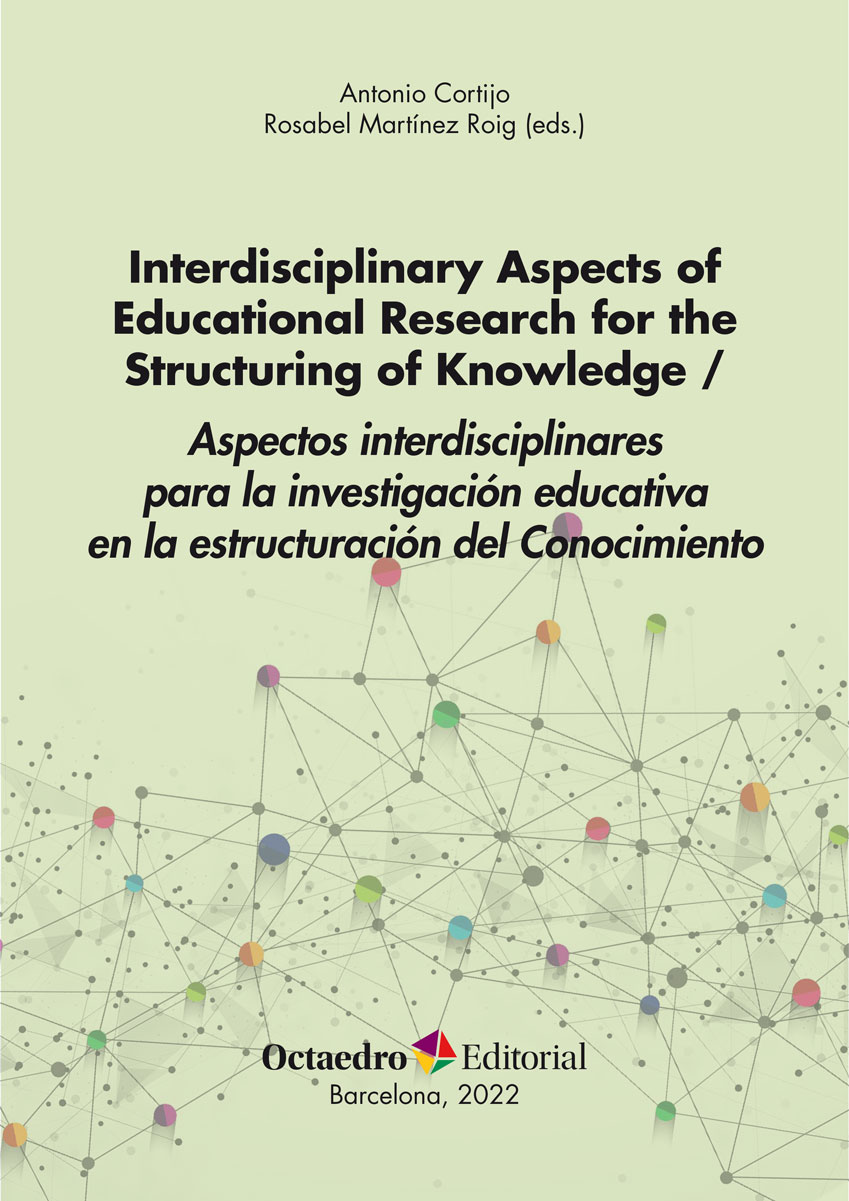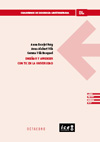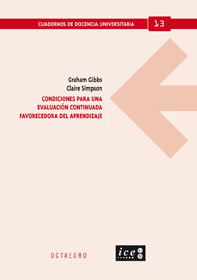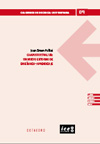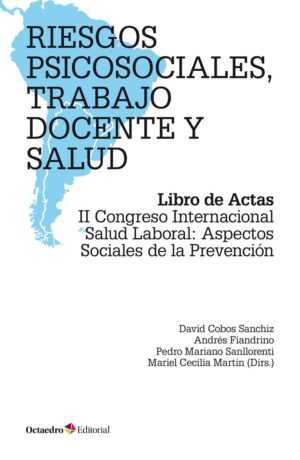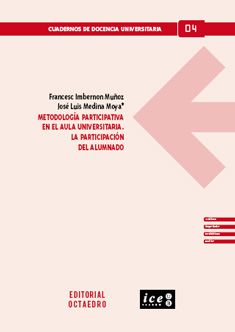FICHA TÉCNICA
PDF:
ISBN: 9788419506832
DOI: https://doi.org/10.36006/90012-1
Referencia: 90012-1
Fecha: diciembre, 2022
Tamaño: 125 (2.60 MB)
Interdisciplinary Aspects of Educational Research for the Structuring of Knowledge / Aspectos interdisciplinares para la investigación educativa en la estructuración del conocimiento
Edición: Antonio Cortijo, Rosabel Martinez-Roig
OPEN ACCESS
Presentación
Contributing to the improvement of Education is contributing to the development of one of the most valuable assets in society. Education is even more valuable for the attachment of meaning to knowledge, and it is crucial for creating methods that allow and promote the teaching of key elements in the transmission of knowledge itself. Because Knowledge itself must be fed by as many scientific and technical disciplines as possible to create the most comprehensive group of data, Education must also be able of being interdisciplinary and to adapt its vocation for constructing and structuring knowledge to this interdisciplinarity. Interdisciplinarity offers an additional plasticity of thought, knowing how to adapt itself to ideas–without having to embrace them–to be able to identify and enhance their value–or reject them because they lack such value–with the ultimate goal of improving global knowledge. In this dialogue between the minute (data, information) and the general (Knowledge), Education is crucial with its structuring and embodiment of all the above-mentioned elements and its contribution to the ἀρετή aretḗ ‘excellence’ of society, which goes beyond data because it provides them with a structure and turns them into significant knowledge through Education. The acquisition of ἀρετή was the main goal of παιδεία. For this reason, the goal of this volume is to constitute a significant sample of the value that good educational research can offer to the structuring of knowledge.
Contribuir a la mejora de la Educación es contribuir al desarrollo de uno de los activos de más alto valor añadido de la sociedad. La Educación es tanto más valiosa todavía porque es fundamental para la generación de significación al conocimiento, al tiempo que es crucial para la generación de métodos que permiten y promueven enseñar las claves para la transmisión del conocimiento mismo. Como el Conocimiento mismo se debe nutrir de los aportes de tantas disciplinas, ciencias y técnicas sea posible a fin de poder establecer el cúmulo de datos tan completo como sea, la Educación debe ser igualmente adepta a la interdisciplinaridad y debe saber adaptar a la misma su vocación por la construcción y estructuración del Conocimiento. La interdisciplinariedad aporta el plus de la plasticidad del pensamiento, saber adaptarse a las ideas –sin ser necesariamente adeptos a las mismas– para poder identificar y potenciar su valor –o desecharlas por no tenerlo– en pro de la mejora del conocimiento global. En este diálogo entre el detalle (información, datos) y lo general (Conocimiento), la Educación es crucial por su labor de estructuración e incardinación de todo ello y contribuye esencialmente a la ἀρετή aretḗ ‘excelencia’ de la sociedad; esta va más allá de los datos pues los estructura y convierte en conocimiento significativo por medio de la Educación. La adquisición de la ἀρετή era la vocación de la παιδεία. Por todo ello, el presente libro tiene el objetivo de constituir una muestra significava del valor de lo bueno que la investigación educativa puede aportar a la estructuración del conocimiento.
Índice
Foreword / Prólogo: Some Key Elements in Educational Research for the Structuring of Knowledge in Favor of the improvement of societal ἀρετή aretḗ through παιδεία, paideía / Algunas claves para investigación educativa en la estructuración del conocimiento en pro de la ἀρετή aretḗ de la sociedad por medio de la παιδεία, paideía (Antonio Cortijo & Rosabel Martínez Roig)
1. Modern and asynchronous distance language teaching in Primary Education using digital storytelling (Eleni Davradou)
2. Pastoral care for children with disabilities and cancer (Christos Iliadis)
3. The Effects of Teleworking in Human Resources Correspondence
by COVID-19 and the Impact on Human Resources (Rosalia Kostakou)
4. Vocational guidance (orientation) to students of intercultural schools (Olga Panou)
5. Comparative study of the contemporary Spanish and Greek primary school principal’s selection system (Dimitrios Papaemmanouil)
6. Sports and the pandemic: implications, gains and loses (Theodore Priskomatis)
7. History of art: Renaissance Artists Botticelli, Michelangelo, Da Vinci, Rafael (Rapti Eleni-Christina)
8. The importance of Intercultural Education in Greece: following the example of Europe (Chrysoula Spyridopoulou)
9. Special and Intercultural Education in the spectrum of Inclusive Philosophy (Ilias Tsekouras)
Antonio Cortijo Ocaña; Rosabel Martinez-Roig
9788419506832
90012-1
